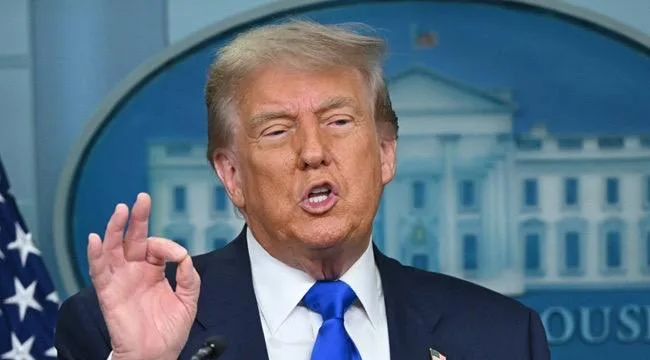President Donald Trump announced on Monday that his administration is actively considering reclassifying marijuana as a less dangerous substance under federal law, a move that could have significant legal, economic, and social implications across the United States.
Speaking to reporters in the White House briefing room, Trump said a decision could be reached within the next couple of weeks, though he emphasized that no final determination had been made. “We are looking at it very seriously,” he noted. “It’s something a lot of people are talking about, and we want to make sure we get it right.”
Currently, marijuana is classified as a Schedule I drug under the Controlled Substances Act the same category as heroin and LSD — which deems it to have a high potential for abuse and no accepted medical use. Reclassification to a lower schedule would not legalize marijuana nationwide but could ease restrictions on medical research, reduce federal penalties, and open the door for more states to expand legalization measures without fear of federal intervention.
The potential shift comes amid growing public support for marijuana reform. A recent Gallup poll found that nearly 70% of Americans favor legalizing cannabis, including majorities across political lines. Several states have already legalized marijuana for recreational use, while many more permit medical use.
Advocates argue that reclassification would align federal law with public opinion and the reality on the ground in states that have moved forward with legalization. Critics, however, caution that loosening restrictions could lead to increased use, particularly among young people, and raise public health concerns.
If implemented, the move could mark one of the most significant federal policy changes on marijuana in decades, signaling a shift in the nation’s long-standing approach to cannabis regulation.

